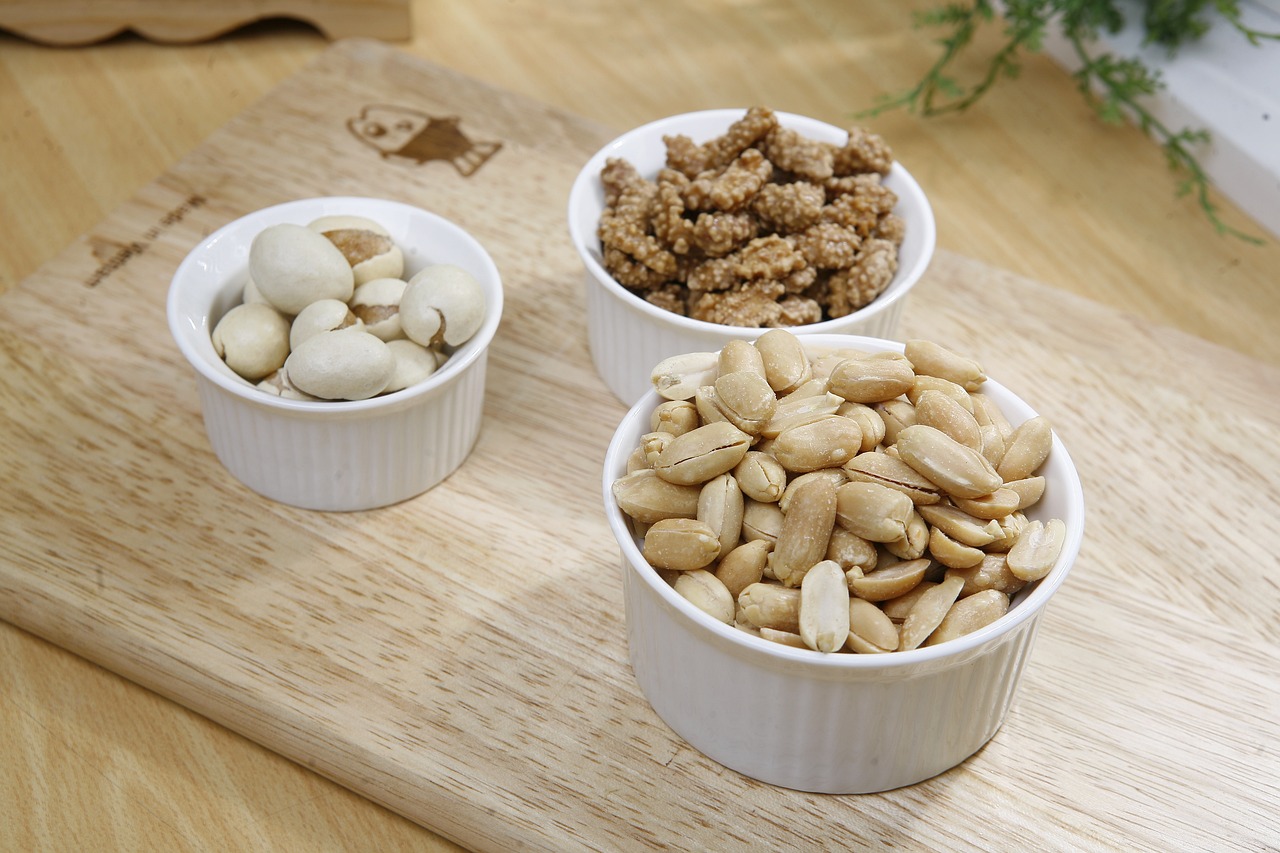Ability to handle constant changes
This article is written from a Swedish perspective. Hopefully, it can also inspire interested individuals from other countries.
At a nursing home, things happen that change conditions. Someone gets sick or returns from the hospital and the conditions for care change. By strategically working to strengthen the ability to handle changes, the nursing home can create an environment that promotes resilience and where both the staff and the elderly residents can thrive and flourish despite challenges. Building resilience is a continuous process that requires commitment, flexibility, and a strong community to succeed.
 Foto: Pixabay
Foto: PixabayThe ability of care homes to handle constant changes
Resilience is a concept often used to describe the ability of a system to handle changes and continue to evolve. Different systems or organizations have varying abilities to handle disruptions and deviant events. One challenge is to perform tasks well while continuously improving the operation.
In a care home, changes are constantly taking place that require the operation to adapt. Someone gets a fever, a newly moved in person has special care needs, a resident returns from the hospital and needs mobility training or tube feeding. New treatment methods and medical-technical products and changed requirements. For the employees, this means constant learning and adapting the work to the situation, which most of the time goes well.
In the operation, there must be barriers to limit the risk of someone making a mistake. This is about competence and routines. It also applies to employees seeing risks and understanding how they need to adapt their work to avoid these risks. The ability to improvise in a safe way often increases with age and experience.
It is also important that nursing assistants are met with responsiveness and respect when they contact licensed personnel to ensure that care is safe. There also needs to be basic continuing education so that nursing assistants are not expected to measure the blood's oxygen saturation if they have not done it before.
Even the resident and relatives are important for providing safe and secure care. They may have seen how a new task was performed at the hospital and react when someone at the care home does it differently. Anxiety in the resident can be a signal that all is not right. Good communication with residents and relatives reduces the risks of health care injuries. Often, the nursing manual or colleagues can provide guidance on how the task should be performed in a safe manner.
Special risks can exist when a resident is newly moved in. Anxiety and confusion in the resident are common while the staff have insufficient knowledge about the resident's social and medical needs.
By writing deviations on events that have led to or could lead to healthcare damage, everyone contributes to increasing the ability to handle rapid changes in a safe manner. When the operation works systematically with deviations, everyone becomes aware of which situations and moments can be particularly risky in the operation.
Accidents and healthcare injuries often occur in connection with stress. Good working environment, good basic planning, order and neatness are factors that help to reduce the risks in the operation. Another risk factor can be medical-technical products that are rarely used in the operation or where newly employed staff end up in situations where they need to perform tasks for which they have not received sufficient training.
At night when the staffing is low, there are special risks. If you work alone and several serious things happen at the same time, it can be difficult to make the right priorities. Cooperation between units and with on-call nurses is fundamental to creating a safe and learning culture.
Increasing resilience within care homes
Care homes face daily challenges related to care, support, and interaction with residents and their relatives. Increasing resilience within these environments is crucial for dealing with stress, meeting changes and creating a safe and supportive atmosphere for both residents, relatives, and staff.
Promoting strong relationships: Relationships are the cornerstone of a care home's resilience. Promote open communication, cooperation, and teamwork among the staff to create a sense of belonging and support. The relationships between the staff and the residents and their relatives are strengthened by taking time for conversations, listening to their needs, and involving them in the decision-making around their care and environment.
Educate about stress management and wellness: Provide staff with education and tools to manage stress and promote well-being. This may include mindfulness exercises, stress management courses, and regular recurring meetings to reflect on workload and emotions. Also, encourage wellness and personal time for staff to avoid burnout and strengthen their own resources.
Flexibility and adaptability: Promote a culture of flexibility and adaptability to meet changing needs and challenges. This can mean having a versatile workforce that can handle different situations, being open to new ideas and solutions, and continuously evaluating and adapting care and support plans according to individual needs.
4. Build resilient structures: Create robust structures and routines that support stability. This can include clear communication channels, well-defined responsibilities, and continuous evaluation of the operation to identify and correct deficiencies. Also develop emergency plans and crisis preparedness to handle unexpected events and situations.
Promote good patterns and mindsets: Focus on promoting positive mindsets and patterns among both the staff and the residents. This may include encouraging gratitude, optimism, and adaptability in the face of changes and challenges. Also create space to celebrate successes and achievements to boost confidence and motivation.
Continuing education and development: Offer regular continuing education and development opportunities for staff to promote their professional growth and competence. This can include courses on elderly care, dementia care, communication techniques, and conflict management. The more knowledge and competence the staff have, the better equipped they are to handle challenges and promote resilience.
Reflection questions - resilience
Care staff:
• Do you get good support in managing new situations?
• Does the unit have a good ability to handle unplanned events?
Manager, nurse, occupational therapist and physiotherapist:
• Do you regularly do risk analyses to be prepared for the unexpected?
• How would care function if the residence were without electricity or water for a day?
Resident and relatives:
• Do the staff handle stress well?
Erland Olsson
Specialist Nurse
Sofrosyne
Better care every day

Aktuellt i media
-
2025-04-14 04:00
08 Förebyggande o lokaler
The art of furnishing a nursing home, a balancing act between homeliness, functionality, and hygiene aspects.
info -
2025-04-10 04:00
04 Bemötande
Waking up in a nursing home - is the morning routine adapted to each individual's needs?
info Bild: Pixabay
Bild: Pixabay -
2025-04-07 04:00
09 Mat och måltid
For the elderly, it is often important to eat many snacks in order to get enough nutrition.
info Bild: Pixabay
Bild: Pixabay -
2025-04-03 04:00
04 Bemötande
What creates safety in elderly care homes - advice and tips on creating a secure environment for the residents
info -
2025-04-01 00:00
10 Aktivitet o funktionsbevarande arbetssätt
Reminiscing, working with memories, is an activity that creates a lot of added value for people with dementia.
info - 2025-03-31 04:00 05 Planering

